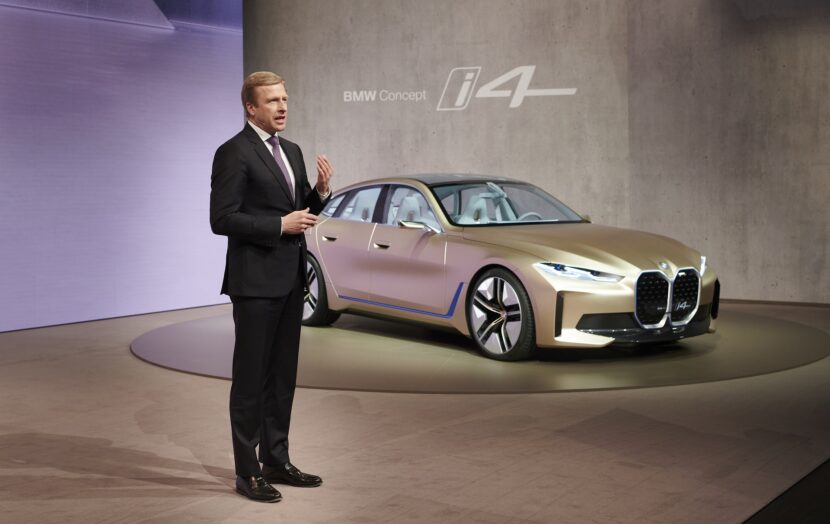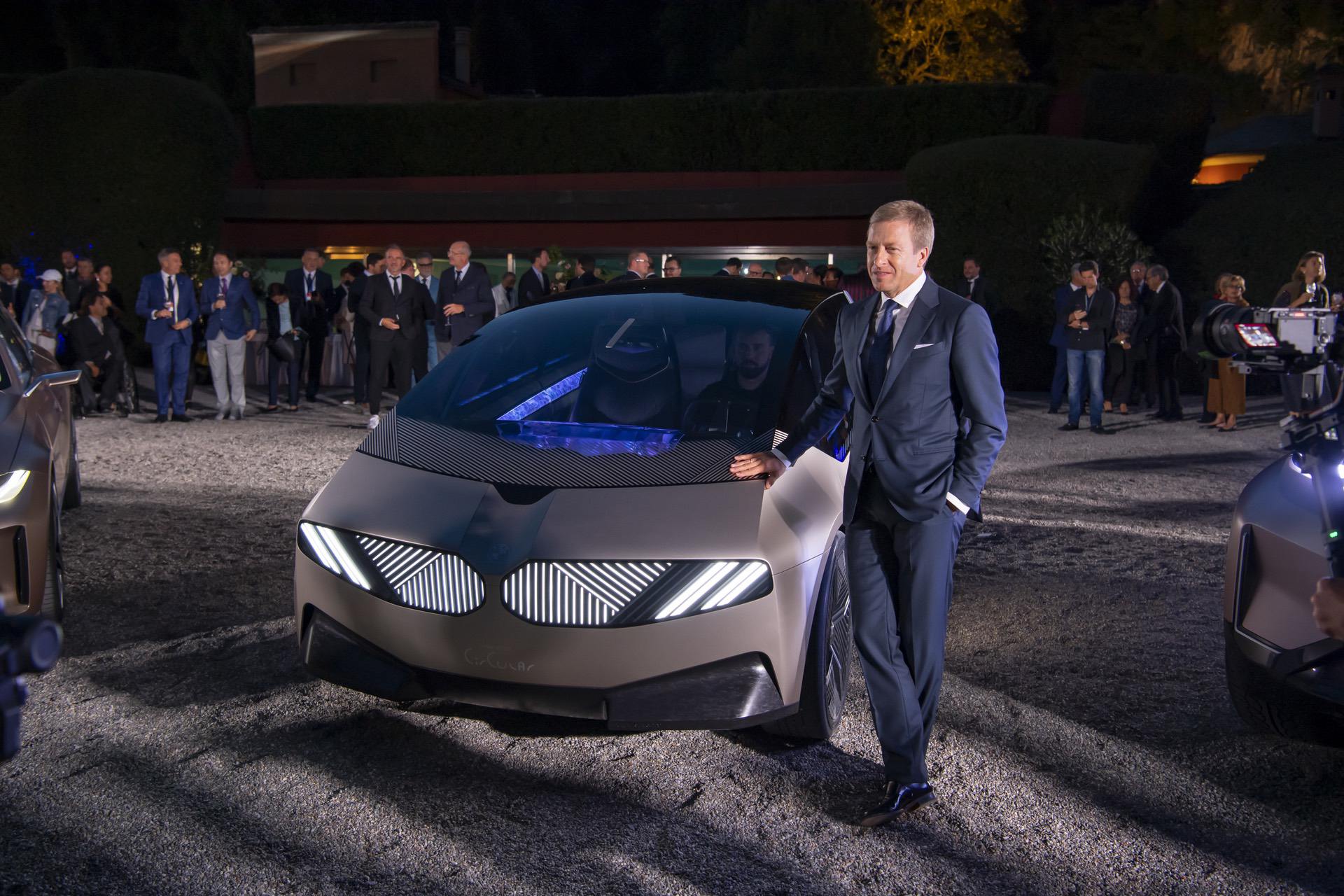While nearly all automakers are announcing cutoff dates for the combustion engine, BMW goes against the tide by refusing to reveal when it will become a purely electric brand. Asked by a journalist when the Bavarian brand will build its last vehicle powered by a combustion engine, chairman Oliver Zipse humorously replied with: “We should ask this vase maybe?” He went on to say the German luxury brand does not know when it’ll completely retire the ICE.
Eliminating gasoline and diesel cars would have consequences on pricing because an electric car remains significantly more expensive than a conventionally powered model of the same size. We’ve been hearing of price parity between ICEs and EVs for years, but it still hasn’t happened. There are some exceptions, and one recent example is the identical starting price of $147,000 for the i7 and 760i sold in Canada.
The situation is substantially different at the other end of the lineup as Oliver Zipse believes banning sales of affordable gas-powered cars would make it harder for a lot of people to buy entry-level vehicles: “We don’t want cars to be taken away out of the base segment, politically that’s super dangerous. If you all of a sudden make car ownership only for rich people, it’s a dangerous thing.”

BMW’s head honcho makes a valid point about how forcing EVs could backfire because people would just continue to drive their old cars as a consequence of not being able to buy a new one. These statements were made prior to the company’s announcement about investing $1 billion in South Carolina to upgrade the factory in Spartanburg where it plans to produce at least six electric SUVs by 2030. An additional $700 million will be spent to build a battery factory in Woodruff, SC.
At the event, Oliver Zipse told the gathered audience that “it’s a free nation – we offer choice and not limitations.” He also mentioned there aren’t any signs the combustion engine will become obsolete within the next 15 years. However, the BMW Group’s Rolls-Royce ultra-luxury brand will be going entirely electric by 2030 while MINI will follow suit early in the next decade.
As for the core brand, BMW projects at least half of its annual sales will be represented by EVs by the end of this decade. It’s on the right track to achieve its goal by doubling sales of zero-emission vehicles this year compared to an already record-breaking 2021. Zipse mentioned that in markets where sales of new ICE cars will be banned, BMW will be ready to offer an EV-only portfolio.
Source: Reuters





































































